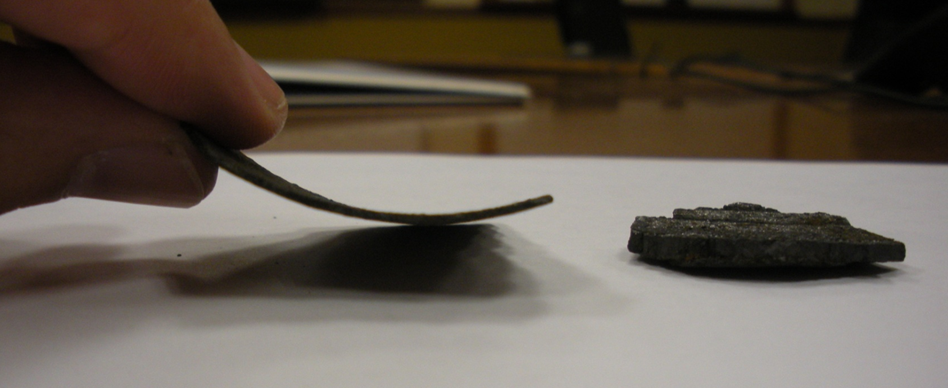If you take a substance like vacuum resid and heat it enough to crack the molecules into solid coke and light products, it is inevitable that this heater will foul. However, there are certain scenarios that will cause accelerated heater fouling and some mitigation strategies that have proven successful. At the upcoming RefComm Galveston 2015 Conference, we will be exploring these topics a number of ways.
First, there will be a discussion by Bechtel Hydrocarbon Technology focusing on the ways that distillate recycle used as velocity medium in the furnace can mitigate fouling scenarios created by processing shale or light, tight crude oil resids.
Second, there will be a breakout session, 80 minutes in length, were Dr. Dickakian of F.A.C.T. (Fouling And Control Technology) will lead the discussion. Attend this session with many other refiners struggling with these issues and you will hear Dr. Dickakian’s and the other refiners ideas and solutions on this topic. Dr. Dickakian has done thermal fouling studies on more antifoulant chemicals that any other man alive (I think….please let me know if I’m wrong).
If shale oil or bitumen is shortening furnace runs, do not miss this great opportunity to learn more at Refcomm Galveston 2015.








Leave a Reply
You must be logged in to post a comment.